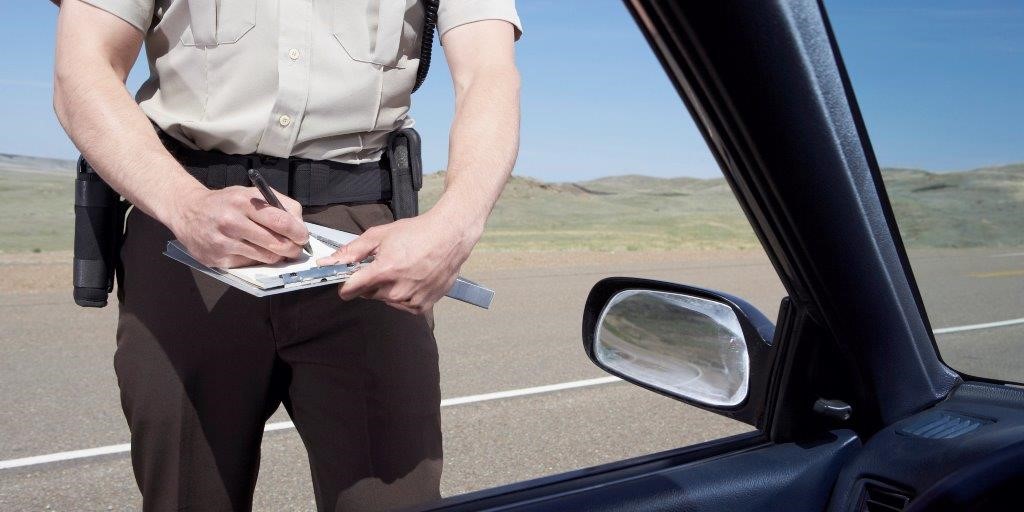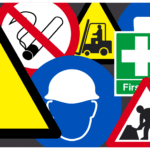If you are a driver on any of the South African roads you probably have had a run in (and frustration) with the road traffic authorities and if you are really unfortunate, you may even have been fined. This article seeks to explain exactly what road fines are and what your options are in the event that you wish to contest one.
What are traffic fines?
A traffic fine is issued upon violation of road rules. There are two types of legislation that is applicable to road rules violations i.e. the Criminal Procedure Act (CPA) which is applicable nationwide and The Administrative Adjudication of Road Traffic Offences Act (AARTO) which is only applicable to Johannesburg and Tshwane. There are two types of notices that you may receive as a result of these violations that is a Section 56 notices, these are issued where an enforcement officer physically witnessed the transgression. A section 56 notices has an option of a fine, which if not paid is automatically, written notice to appear in court on a date stipulated on the fine. A section 341 notice is issued in circumstances where it is not evident who the driver is.
What are your rights?
In terms of section 35 of the Constitution every accused person is presumed innocent until proven guilty .This means that fines can also be contested.
What steps can I take to contest a fine?
In the unfortunate event that you are fined there are different procedures to follow:
In terms of S 341 (that is when you receive a traffic fine but summons have not been issued)
- You can write a letter to the traffic department contesting the notice and attach the compounding notice (with the compounding notice number) to the letter and an affidavit. In the letter you need to set out why you wish to contest the notice and whether you would like to have the fine cancelled or motivate for a reduced fine .The traffic department may respond (this is however very uncommon). If your presentation is successful your fine will either be cancelled or reduced. It is common practice for the department to reduce the fine instead of cancelling it. If you are unsuccessful you will receive summons and then the formal court procedures will have to be followed and you will obviously have to instruct an attorney.
In the case of S 56 notice (that is when the identity of the driver is known and summons have been issued) the process is as follows:
- Upon receiving your summons you can write to or approach the prosecutor at the magistrate’s court with the original summons or notice. If you decide to write a letter, attach a copy of the summons (keep the original safe) .The letter needs to be accompanied by an affidavit. The prosecutor will then have to respond (again this is not very common).If your presentation is unsuccessful summons will obviously be withdrawn or the fine will be reduced. If your presentation is not successful you will have to appear in court (preferably with an attorney) if you do not pay the admission of guilt fine.
LegalTips:
- If you pay an admission of guilt fine on the compounding notice (prior to the summons being issued) you will not incur a criminal record.
- If you pay the admission of guilt fine (after receipt of the summons) or are found guilty in court you will have a criminal record.
- If you receive summons in terms of Section 56 you need to respond to them immediately or at least speak to either an attorney or the magistrate’s court prosecutor. Failure to take action in this regard may result in a warrant of arrest being issued against you.
- If you are a driver it might be a good idea to get legal insurance to avoid hefty legal costs in the event of your run in with the authorities
Comments are closed.






